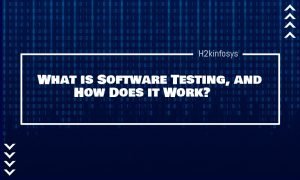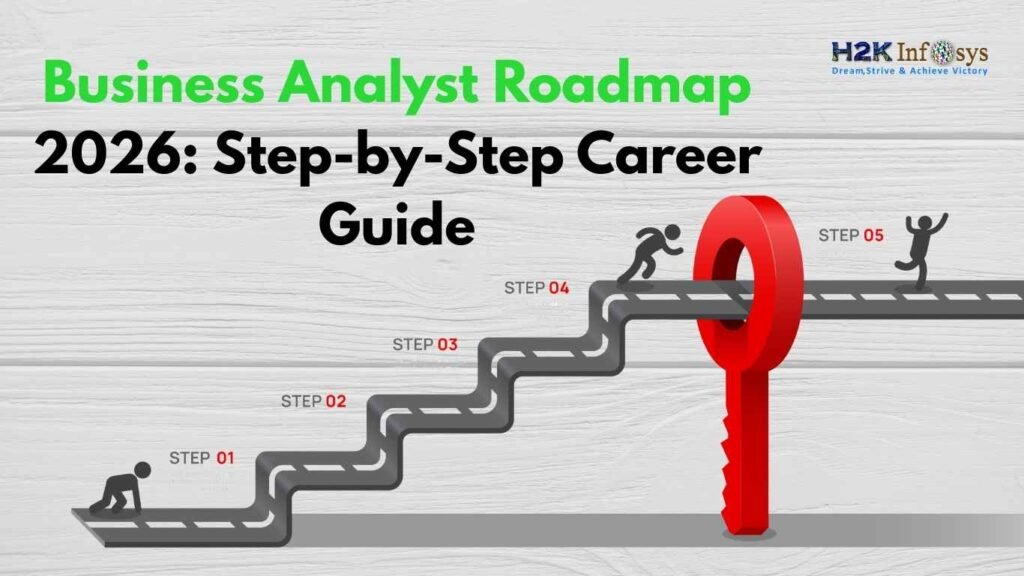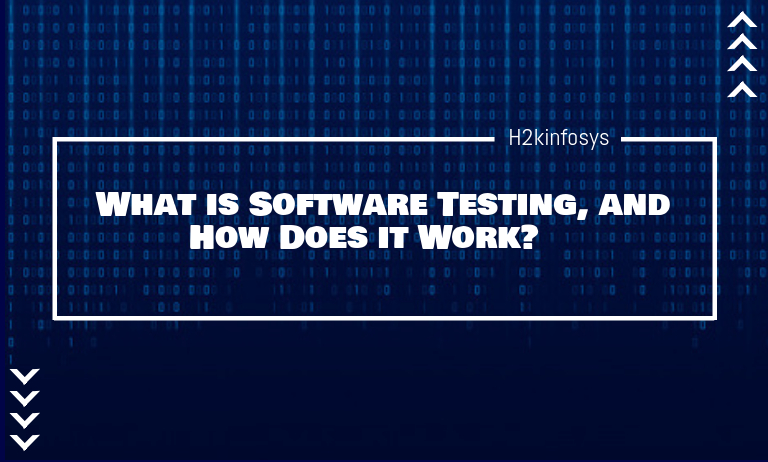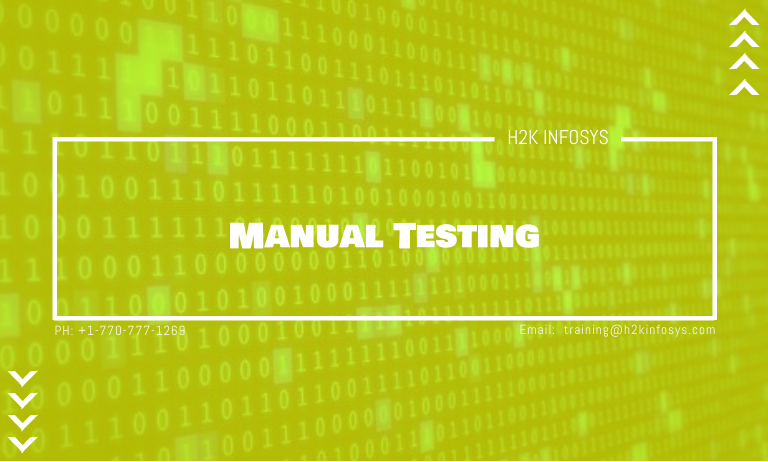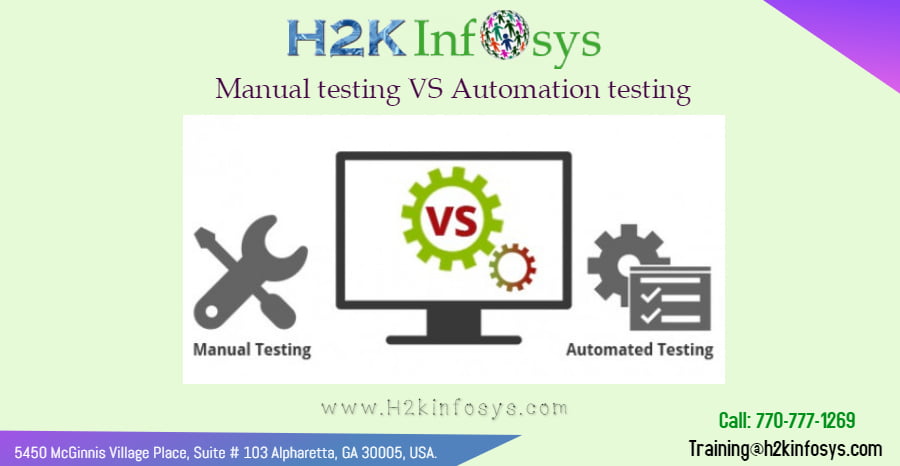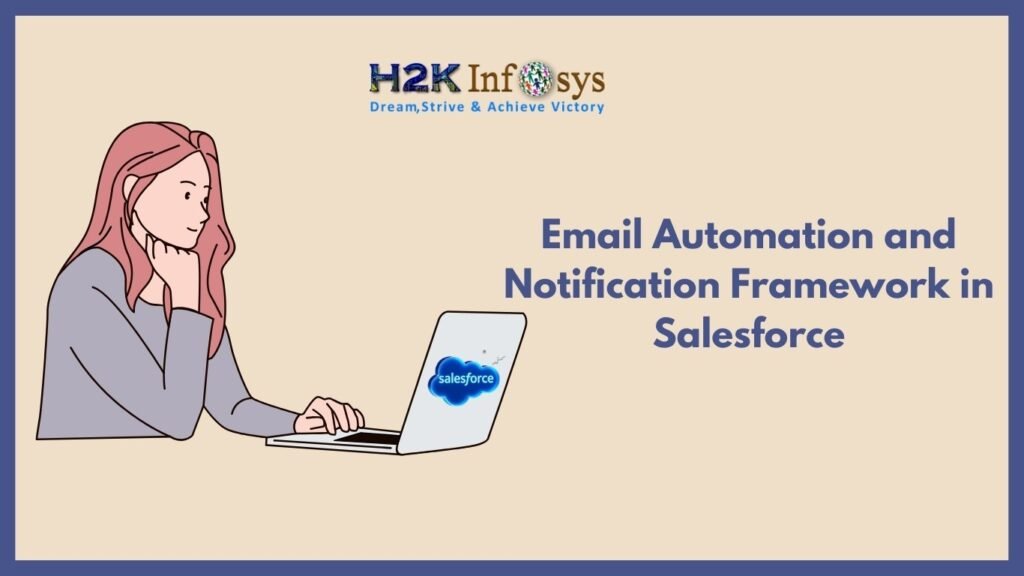Introduction: Why Understanding Threat Intelligence Platforms Matter
In the digital age, cyber threats are more aggressive and sophisticated than ever. Security teams can no longer rely solely on firewalls or antivirus tools. They need a solution that brings context, correlation, and actionable insight this is where the Threat Intelligence Platform (TIP) becomes a game-changer.
Whether you’re entering the field through cyber security training and placement or advancing your knowledge through a Cyber security course with placement, understanding a Threat Intelligence Platform will prepare you to face real-world threats efficiently and strategically.
What Is a Threat Intelligence Platform?
A Threat Intelligence Platform is an advanced system designed to gather, consolidate, analyze, and share threat data from various sources. It helps cybersecurity teams make sense of vast volumes of information by converting raw threat data into actionable intelligence. This platform enables early detection and informed responses to potential attacks.
Unlike traditional tools, a Threat Intelligence Platform offers enriched, correlated insights that aid in understanding the nature, source, and intent of a cyber threat.
Core Functions of a Threat Intelligence Platform
A Threat Intelligence Platform performs several crucial functions that enhance cybersecurity operations. These include:
1. Aggregating Threat Data
The platform pulls in threat indicators from multiple sources, such as open-source feeds, commercial providers, internal logs, and dark web monitoring tools.
2. Data Normalization
Because different feeds deliver data in varying formats, the Threat Intelligence Platform standardizes the information, making it easier to analyze and act upon.
3. Contextual Enrichment
By combining threat indicators with contextual metadata (e.g., geolocation, severity, and attack pattern), the platform helps teams understand threats in depth.
4. Threat Scoring and Prioritization
A Threat Intelligence Platform uses algorithms or machine learning to rate the severity and relevance of threats, helping prioritize incident response.
5. Integration with Security Tools
These platforms are designed to work with firewalls, SIEMs, SOAR platforms, and endpoint protection tools, enabling automation and swift response.
6. Collaboration and Threat Sharing
Modern TIPs allow organizations to share intelligence securely with partners, vendors, or Information Sharing and Analysis Centers (ISACs), strengthening collective cyber defense.

Why Use a Threat Intelligence Platform?
Organizations choose to implement a Threat Intelligence Platform to gain a strategic advantage over cyber adversaries. Key benefits include:
A. Faster Detection and Response
Automated analysis accelerates threat detection, enabling teams to stop attacks before they escalate.
B. Improved Accuracy
By correlating multiple data points, TIPs reduce false positives and provide high-confidence intelligence.
C. Comprehensive Threat Visibility
A Threat Intelligence Platform offers a panoramic view of global and targeted threats, helping businesses understand what risks they face.
D. Enhanced Decision-Making
Teams can make informed decisions backed by enriched threat data and evidence-based risk scoring.
These capabilities are essential learning outcomes in any Cybersecurity training and placement program aiming to prepare job-ready professionals.
Real-World Example: Threat Intelligence Platform in Action
Use Case:
A retail company experiences a sudden surge in login attempts from overseas IPs. Their Threat Intelligence Platform flags these IPs as part of a known botnet attack pattern.
Platform Actions:
- Enriches IPs with previous incident data
- Scores the threat as high-risk
- Sends alerts to the firewall and SIEM
- Generates an automated report for analysts
By acting quickly on these insights, the company prevents a breach, demonstrating the practical impact of a Threat Intelligence Platform in real-world scenarios.
Skills to Learn in Cyber Security Training Courses
If you’re pursuing a cyber security course and job placement track, make sure the syllabus includes modules focused on Threat Intelligence Platform concepts such as:
- Threat data ingestion and normalization
- IOC (Indicators of Compromise) management
- Threat scoring techniques
- Integration with SIEM and SOAR platforms
- Creating actionable intelligence reports
Learning how to operate a Threat Intelligence Platform gives you a significant edge in job interviews and hands-on cybersecurity roles.
Threat Intelligence Platform vs. SIEM: Know the Difference
| Feature | Threat Intelligence Platform | SIEM |
| Core Function | Collects and enriches external threat intel | Monitors internal logs and events |
| Output | Actionable threat context and scoring | Alerts based on log correlation |
| Integration | Feeds data to SIEM and other tools | Consumes data from systems |
| Focus | External and proactive | Internal and reactive |
Understanding both tools—and how they complement each other—is vital in today’s enterprise security architecture. This comparison is often explored during cyber security training near me or online courses.
Career Impact of Learning Threat Intelligence Platform Tools
Proficiency in a Threat Intelligence Platform translates to higher employability and better job prospects. Roles that require TIP experience include:
- Cyber Threat Intelligence Analyst
- SOC (Security Operations Center) Analyst
- Incident Responder
- Cybersecurity Consultant
Employers value candidates who can operate these platforms effectively, making it a key focus in many cybersecurity training and placement programs.

Future Trends in Threat Intelligence Platforms
The evolution of the Threat Intelligence Platform reflects the dynamic threat landscape. Upcoming trends include:
1. AI-Powered Threat Analysis
Machine learning models improve threat prediction and reduce analyst workloads.
2. TIPs in Zero Trust Frameworks
Organizations use TIPs to continuously evaluate and verify user behaviors in real time.
3. Cloud-First TIP Deployments
With more businesses moving to the cloud, TIPs are adapting to monitor and respond to threats in multi-cloud environments.
These innovations highlight why understanding a Threat Intelligence Platform is no longer optional—it’s a necessity in any Cyber security course with placement.
Learning Path: Mastering TIPs Step-by-Step
To build your expertise in Threat Intelligence Platforms, follow this roadmap:
Step 1: Enroll in Cyber Security Training
Begin with foundational training through a provider like H2K Infosys that offers cyber security training courses with practical lab sessions.
Step 2: Explore TIP Interfaces
Use virtual labs or simulations to practice ingesting threat feeds, managing IOCs, and setting automation rules.
Step 3: Simulate Real Threats
Apply your learning by simulating a real-world cyber attack scenario and responding using TIP tools.
Step 4: Prepare for Certification and Job Placement
Get certified and leverage your TIP experience during job interviews. A cyber security course and job placement program will help you transition from learner to professional.
Key Takeaways
- A Threat Intelligence Platform centralizes, enriches, and operationalizes threat data from various sources.
- It plays a pivotal role in speeding up detection and improving the accuracy of cybersecurity responses.
- Understanding TIPs is essential for career growth in roles like SOC Analyst, Threat Intelligence Analyst, and Incident Responder.
- H2K Infosys’ cyber security training and placement courses can equip you with TIP skills to succeed in the job market.
Conclusion: Start Your TIP Journey with H2K Infosys
Mastering a Threat Intelligence Platform is a vital step in becoming a cybersecurity expert. It’s not just about learning the tool—it’s about applying intelligence to outsmart cyber threats.
Get started with H2K Infosys’ Cyber security training and placement program to build hands-on TIP skills and launch your cybersecurity career today.










